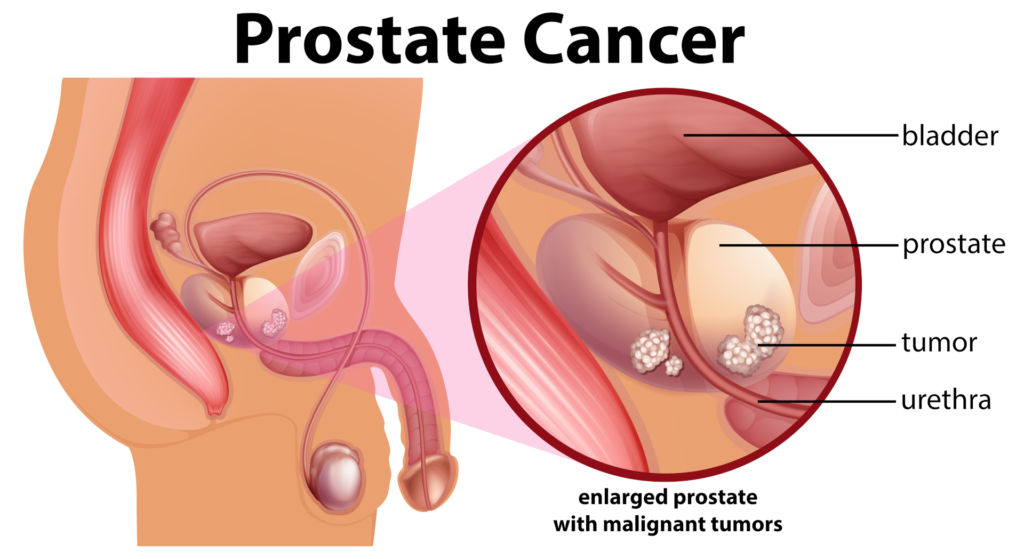
Ekiti State government, yesterday, advised residents against the consumption of hides (ponmo), smoked meat and bushmeat, to avoid the possible spread of Anthrax diseases.
In a statement by the Commissioner for Health and Human Services, Dr. Oyebanji Filani, and Special Adviser, Agriculture and Food Security, Ebenezer Boluwade, the government explained that anthrax is primarily a disease of animals, that can be easily transmitted to humans through inhalation of anthrax spores or consumption of contaminated or infected animal products such as hides and skins, meat and milk.
The ministry, however, called on residents to adhere to preventive measures such as; vaccination, proper disposal of suspected and infected animals, avoiding risky consumptions, hygiene practices, effective disinfection, veterinary assistance, decontamination etc.
According to the statement, government also warned farmers, butchers and stakeholders in the agricultural sector to adhere strictly to the preventive measures to prevent the spread of the disease.
The statement reads: “Anthrax is primarily a disease of animals; however, due to the proximity between humans and animals, it can easily be transmitted to humans through inhalation of anthrax spores or consumption of contaminated or infected animal products such as hides and skins, meat and milk.
“The general public is strongly advised to abstain from the consumption of hides (ponmo), smoked meat, and bush meat, as they pose a serious risk until the situation is brought under control. It is crucial to prioritize public health and safety during this time.
“Environmental and personal hygiene must be strictly observed in places where by-products like hides (Ponmo), bone meal, and blood meal are produced. These areas should be maintained in a clean and sanitized condition to minimize the risk of contamination.
“We specifically encourage persons at risk such as people who handle animals, people who consume dead animals, healthcare workers, law enforcement officers and anyone who recently travelled to a location with a confirmed anthrax case to take their hygiene practices seriously.
“We urge the general public, farmers, butchers and stakeholders in the agricultural sector to adhere strictly to these preventive measures to safeguard public health and prevent further spread of anthrax.”




